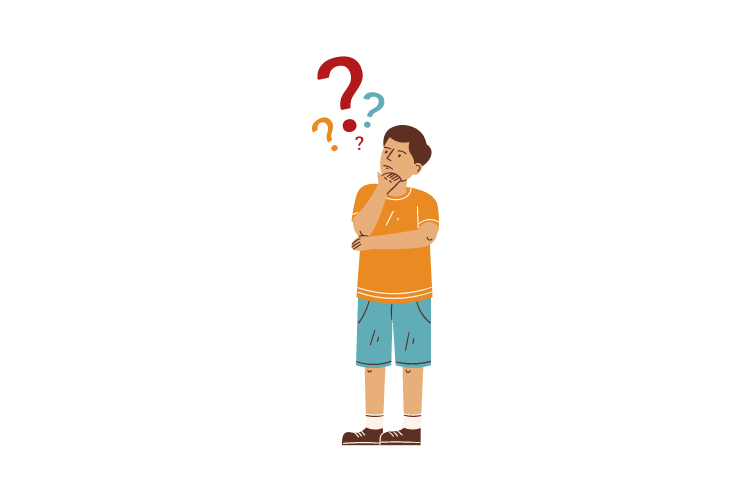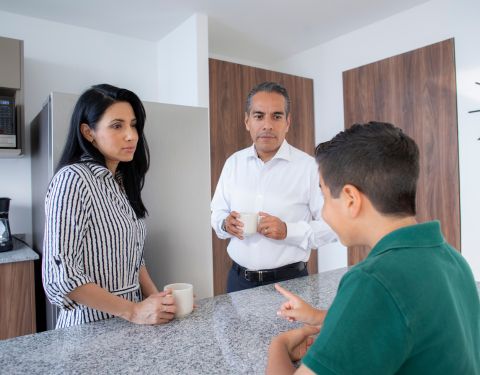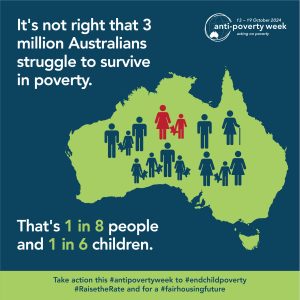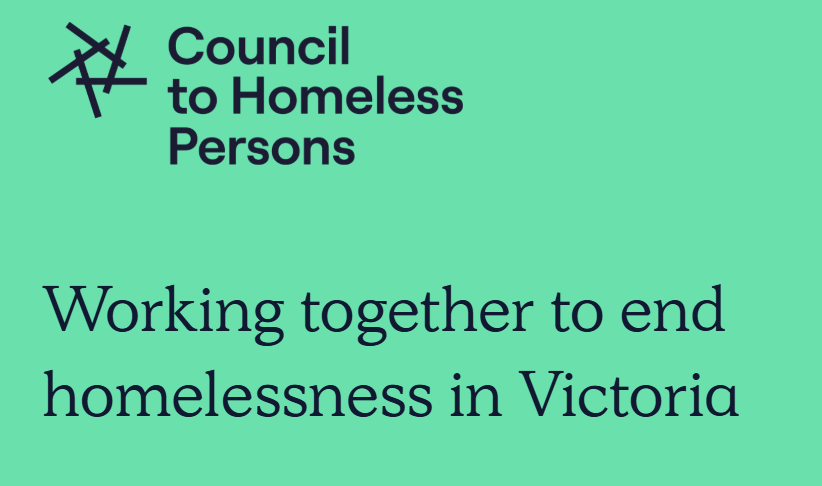
When we see something in our society that we think is unfair, we often want to tell other people and get them to care too so that the issue may be fixed. This is called advocacy. Advocacy is when we support, promote, and defend the rights, needs and interests of a person or group of people as well as a cause or policy. Anyone can be an advocate and advocacy can take many forms.
Advocacy is especially important in supporting those who are chronically disadvantaged and vulnerable. When the problem affects lots of people and we want to make a change across a country, state or even the world – this is called systemic advocacy.
There are people all around you facing challenges like homelessness, poverty, and disadvantage. They need resources and support.
As a community member, you can help make a difference. Imagine the feeling of knowing you helped someone in need, contributed to a fairer society, or even inspired others to take action. That’s the power of advocacy. By becoming an advocate, you can raise awareness, and push for solutions.
Your small actions create a big difference. Imagine the ripple effect of your actions.
By becoming an advocate, you’ll also develop valuable skills that will benefit you throughout your life. These include:
Advocacy is about changing the world and it empowers you to become a more confident, informed, and impactful individual.
Advocacy plays an integral role in much of what we do at Sacred Heart Mission. There are many ways we advocate on behalf of our community, including by raising public awareness of key issues through petitions and events, writing to the media and politicians, or working with like-minded organisations towards joint goals.
Some of the ways Sacred Heart Mission advocates on behalf of our community are:
As mentioned before, anyone can be an advocate, no matter their age or background. And there are many ways you can be an advocate, some are more straight forward, and others more complex. Advocacy around homelessness can be:
No matter how big or small, the action you take can make a difference!
Council for Homeless Persons – What’s On
The Council for Homeless Persons what’s on page is a great place to find out what events related to homelessness are on or coming up.
Homelessness Week takes place in August every year. This week is all about bringing the issue of homelessness and the importance of social housing into the spotlight and onto the agenda of local, state and federal governments. During this week you might create a fundraising or advocacy event.
Anti-Poverty Week takes place in October, usually around the UN Day for the Eradication of Poverty. Anti-Poverty Week aims to help Australians understand poverty and to take action collectively to end it. During this week you might create a fundraising or advocacy event.
This campaign aims to fix the housing system by building social and affordable housing, improving support for first homebuyers and calling for better rental laws. Governments can end the housing and homelessness crisis in Australia.
Raise the Rate for Good Campaign
This campaign is led by the Australian Council of Social Service (ACOSS), campaigning to fix our social safety net for good to keep people out of poverty – with an income of at least $82 per day. If you believe the rate should be raised, use your voice to be an ally of this campaign.
*A ‘peak body’ is a non-government organisation whose membership consists of smaller organisations (like Sacred Heart Mission) of allied interests
Enjoy access to all areas of the Social Justice Hub by partnering with us. We’re looking for schools to partner with (client to provide more copy – need to make sure why schools want to partner with SJH). Find out more.









